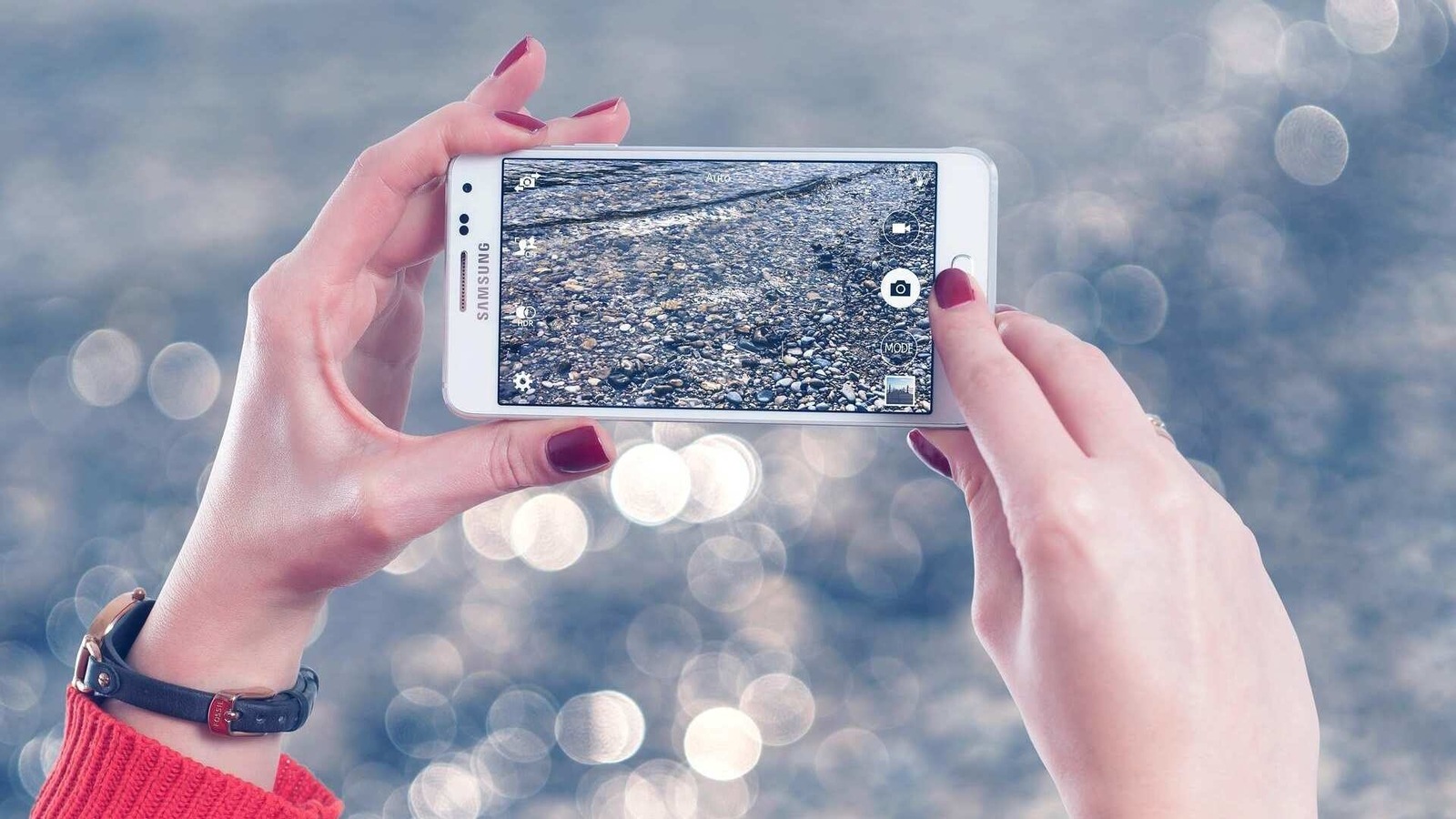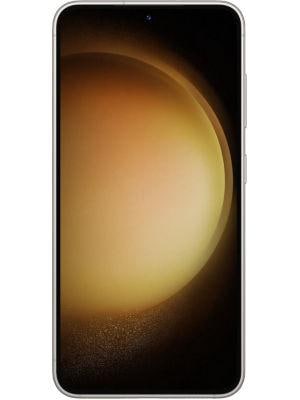Android 11 will limit third-party camera apps due to location spying fears, says Google
Even if you have selected a different camera app as your default one, Google is making a change in Android 11 that’s going to force all apps to use the smartphone’s main built-in camera for photos and videos. And here’s why.

We told you that Google is bringing in a feature with Android 11 that's going to make all the apps on your smartphone use the main built-in camera app for photos and videos even if you have other third-party camera apps on your device. Google has confirmed this and has explained why that's going to be the case going forward.
Also Read: Android 11 is going to make people use only the device's built-in camera
The Android Team explained that they believe this is the right trade-off to protect the privacy and security of users and added that apps that need to use the camera will need to explicitly name each and every third-party camera all they'd like to support.
Google has added its two bits in to add weight to its reasons for bringing this feature in on Android 11 - they want to stop bad actors from potentially harvesting your location data.
This is not a drastic change and it mirrors exactly how the camera works on the iPhone. However, some popular third-party camera app developers have told The Verge that this move by Google is a “shame”, one of them is also worried that this is going to impact their business by turning third-party camera apps into “second-class citizens”.
As The Verge puts it, to understand what's changing, it's better to first understand what's staying the same -
You will still be able to use third-party camera apps by clicking on them from the home screen. For apps like Snapchat, Instagram and TikTok that have cameras built-in you will still be able to take pictures with them. You will also be able to double click on the smartphone power button (or other shortcuts) to launch the camera app you want and apps will also be able to launch the camera app you want but they just will not be able to import any photos or videos that way.
What changes is the fact that if third-party apps want to use a camera app on your smartphone, instead of its own camera, they will be sent to your phone's in-built camera app instead of another third-party one.
This distinction is important since it means that these third-party camera apps cannot get access to your location. Google has updated its developer's guide to explain the reason - they are worried about apps that might ask for photo permission so as they can quietly track your location.
Photos are often geo-tagged and a non-camera app can get access to that information by “piggybacking on a camera app” even if you have not given this non-camera app location permission.
And this has happened in the past. Shutterly was accused of harvesting GPS coordinates from EXIF metadata in 2019. Other apps have also tried different workarounds like these to break through Android's permissions system.
Some third-party camera apps are seeing this as a problem while others are relatively unfazed by it. However, the question does arise - why did Google need to bring this feature in and why should anyone trust Samsung or Xiaomi's camera app and not these third-party apps?
It could have just cracked down on bad camera apps that share EXIF metadata or could have crafted an API that strips EXIF data. Google insists, in this case, that this is just about protecting EXIF location metadata from abuse, that's all.
On a potential plus side, Google has plans of bringing features like the Night Mode to more camera apps in the future with OEMs like LG, Oppo, Xiaomi, Motorola and Samsung being the first of the few with its CameraX. That might make third-party camera apps feel like first-class citizens in the future.
Catch all the Latest Tech News, Mobile News, Laptop News, Gaming news, Wearables News , How To News, also keep up with us on Whatsapp channel,Twitter, Facebook, Google News, and Instagram. For our latest videos, subscribe to our YouTube channel.






























